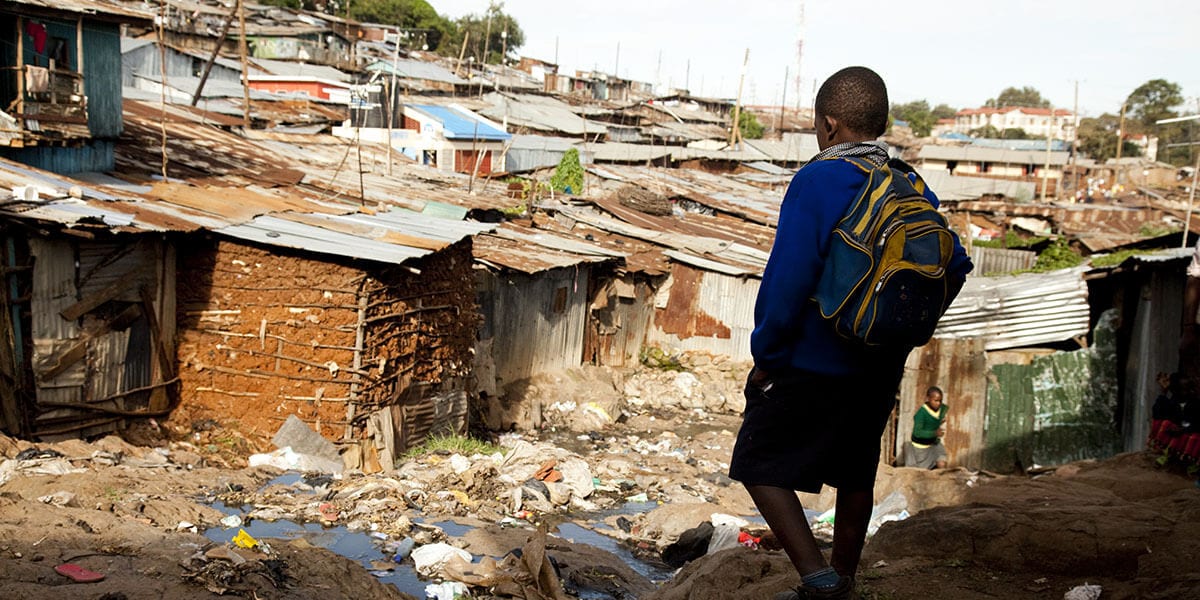Report: Over 30m Nigerians at risk as hunger crisis deepens
A new report, Cadre Harmonisé (CH), has shown that not less than 30 million people in Nigeria, including Internally Displaced Persons (IDPs) in 26 States and the Federal Capital Territory (FCT) are expected to be food insecure or worse between June and August 2025. The CH is a food and nutrition report put together by […]

A new report, Cadre Harmonisé (CH), has shown that not less than 30 million people in Nigeria, including Internally Displaced Persons (IDPs) in 26 States and the Federal Capital Territory (FCT) are expected to be food insecure or worse between June and August 2025.
The CH is a food and nutrition report put together by the Federal Ministry of Agriculture and Food Security with technical support from the United Nations Food and Agriculture Organisation (FAO) and other partners.
The analysis, conducted twice a year in 26 states and the federal capital, projected that 33.1 million people would be food insecure by August next year. That compares with 24.8 million by end of this year.
Daily Trust reports that Nigerians have been battling with the rising cost of living occasioned by the removal of fuel subsidy and floating of naira by the President Bola Tinubu-led government.
Nigeria received N1.2trn from solid minerals in 16 years – NEITI
‘Tinubu must unite Nigerians, fulfil campaign promises’
“Several factors are driving this trend, but most prominently are economic hardship coupled with record high inflation, a record rise in food prices and record high transportation costs,” a statement accompanying the report said.
On the key drivers of the food and nutrition insecurity, the report identified high prices of foodstuffs and non-food items as impacting household’s food consumption and livelihoods.
“Insecurity (insurgency, kidnapping, banditry) impacting the livelihoods of the households; Continuous increase of fuel prices impacting the livelihoods of the households”, the report added.
Reuters quoted Chi Lael, World Food Programme spokesperson in Nigeria as saying that “economic decisions to strengthen the country in the long term, in the short term have felt like a direct attack on people’s wallets, hitting hardest every time they try to buy food.”
